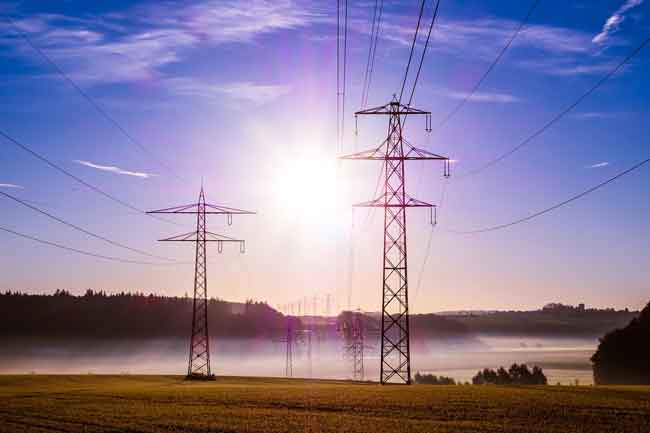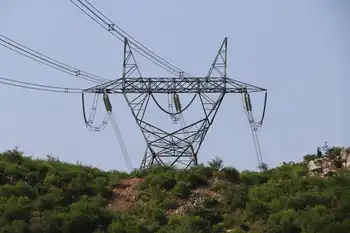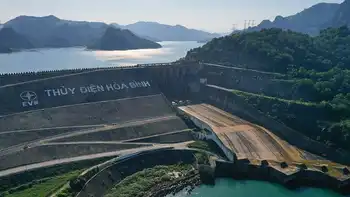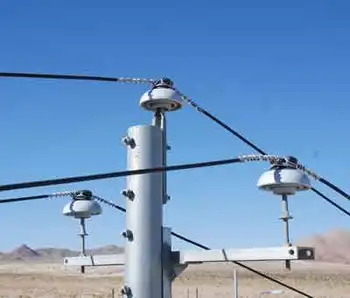Work set to start on giant hydropower station
CHINA - Construction of the Xiangjiaba Hydropower Station, China's third-largest, will begin by the end of this year.
The station is situated on the lower reaches of the Jinsha River in southwestern China, on the border of Sichuan and Yunnan provinces.
"The station will have an installed capacity of 6,000 megawatts (MW) and an average annual output of 30 billion kilowatt-hours," according to a statement by China Three Gorges Project Corporation.
The station will be one of four in the lower reaches of the Jinsha River, which will together have the capacity to generate twice as much electricity as the Three Gorges project, turning the area into a centre for electricity transmission from western to eastern China.
Construction of the four power stations is part of China's West-to-East Electricity Transmission Project, which aims to transfer power from the southwest, which is rich in hydropower resources, to the energy-hungry east.
Construction of Xiluodu Hydropower Station, which will be the nation's second-largest hydropower station, began at the end of last year.
The station will have a total generating capacity of around 12,600 MW. The entire project will be completed by 2015.
"The four hydropower projects have been launched after several years of preparation covering technical planning, environmental protection and the relocation of thousands of residents in the affected areas," said Li Yong'an, general manager of China Three Gorges Project Corporation.
Jia Jinsheng, vice-president of the China Institute of Water Resources and Hydropower Research, told China Daily that the country was trying to boost the amount of its energy that comes from renewable sources to cut its reliance on coal and oil.
The total installed capacity of China's power stations reached 508 GW (gigawatts) by the end of last year, an increase of 14.9 per cent from 2004, according to the China Electricity Council.
"Compared with traditional energy sources, such as coal and oil, the Chinese Government wants to fully exploit its rich hydropower reserves to obtain cheap, renewable and cleaner energy," he said.
"In China, hydropower stations currently account for around 6 per cent of the total installed electricity capacity," he pointed out.
Related News

BC’s Electric Highway
VANCOUVER - British Columbia has taken a significant step toward sustainable transportation with the completion of its Electric Highway, a comprehensive network of electric vehicle (EV) charging stations strategically placed across the province. This ambitious project not only supports the growing number of EV owners but also plays a crucial role in the province’s efforts to combat climate change and promote clean energy.
The Electric Highway spans from the southern reaches of the province to its northern edges, connecting key urban centers and remote communities alike. With over 1,400 charging stations installed at various locations, the network is designed to…




